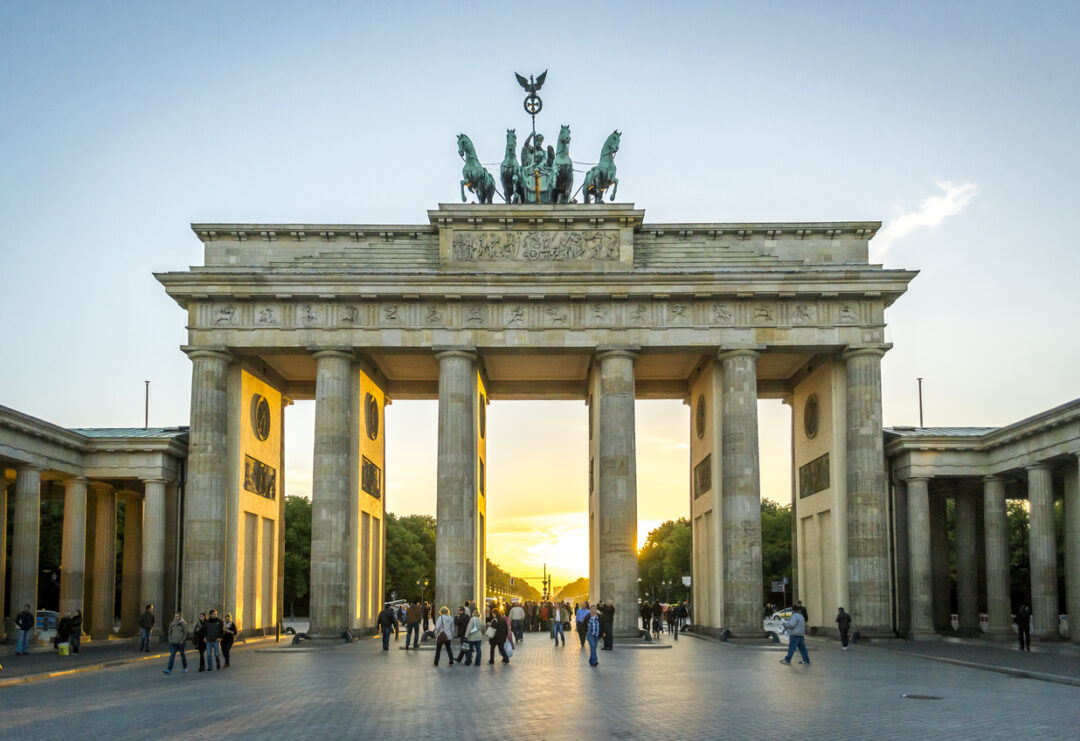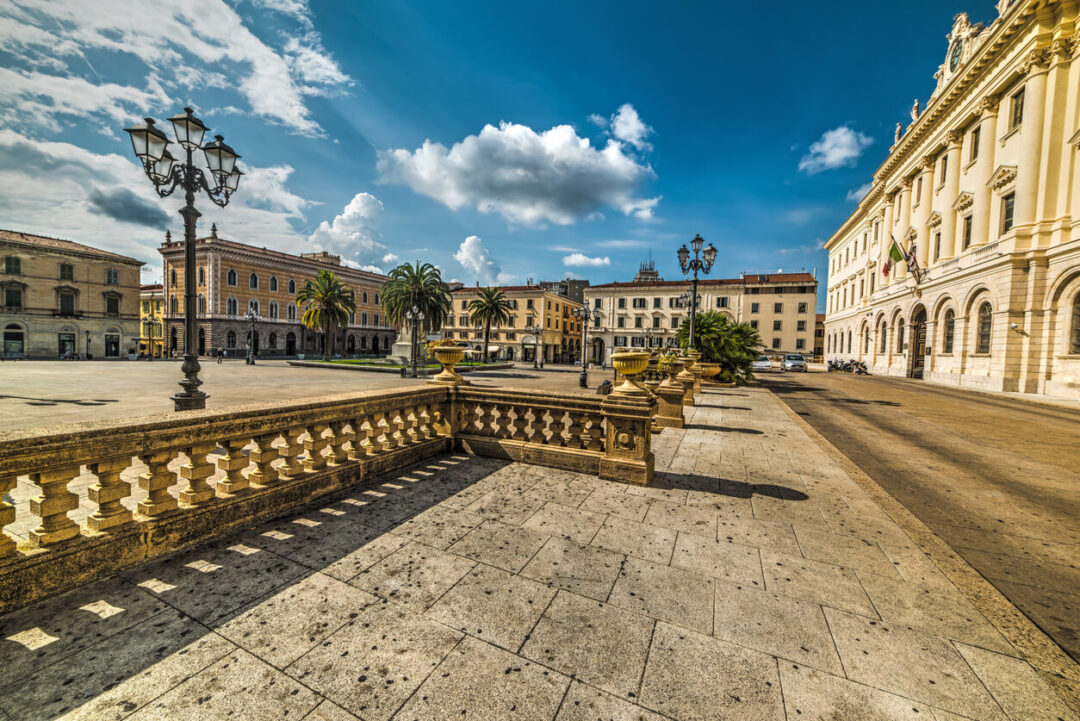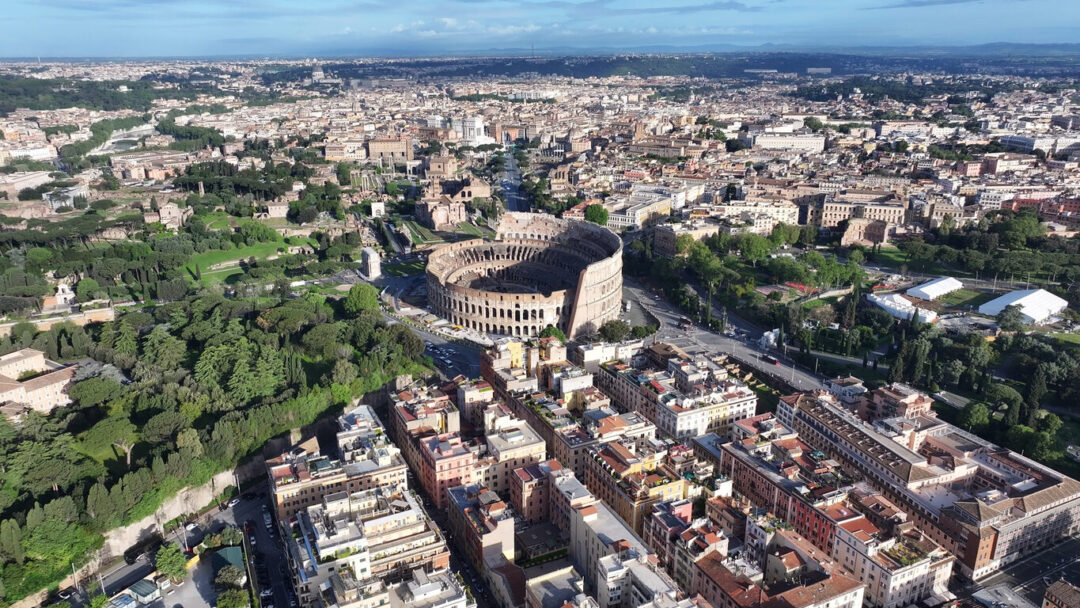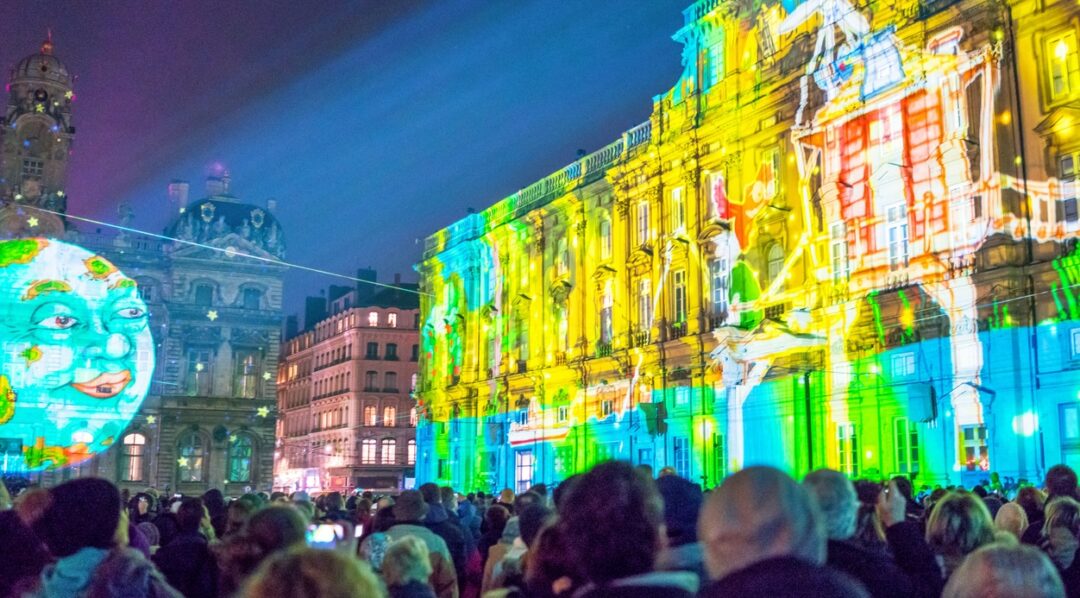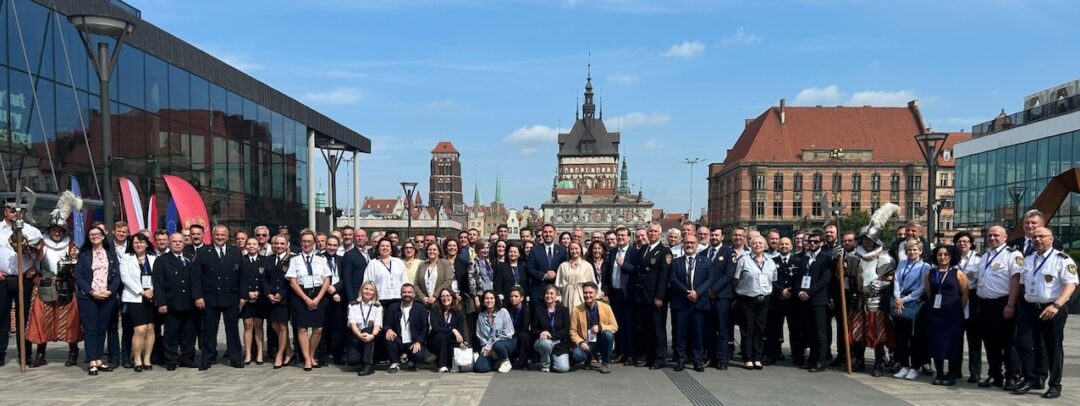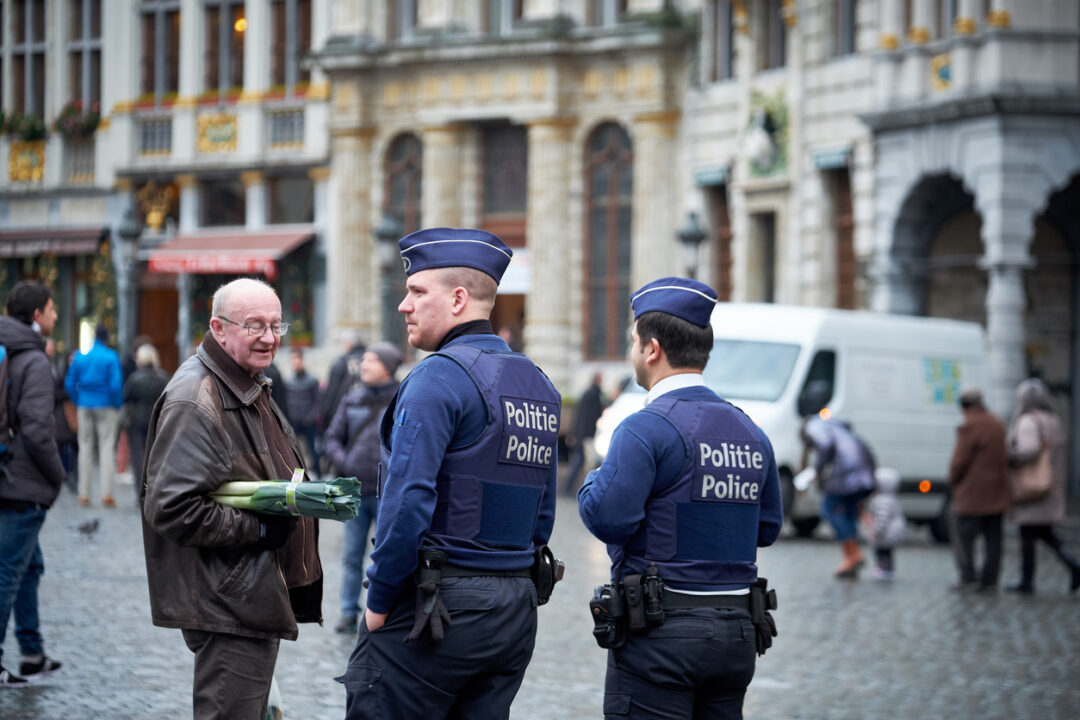The management and protection of urban public spaces remains one of the top priorities of local and regional authorities, and a key mandate from the electorate given their central role in the attractiveness of cities.
They have become vital areas of urban life: places for communication, gatherings, political demonstrations, artistic and cultural performances and all sorts of entertainment. They represent places where people come together, interact and encounter differences.
Because they are highly frequented and by nature open, public spaces can be the target of a number of threats, ranging from relatively mild public nuisance to extremely serious terrorist acts. Ensuring that such collective spaces remain safe, inclusive and open to all is a complex challenge for local authorities.
As the level of governance closest to citizens, they have a key role to play in protecting public spaces, and as such should be better supported by national governments and European institutions.
> Recommendations from the 2025 Security, Democracy and Cities manifesto
> Reports from the 2024 Security, Democracy and Cities conference
– Mental Health in Public Spaces
– Protecting freedom of expression and diversity in shared public spaces
– How to develop a local nightlife strategy: A guide to nightlife governance
European cooperation projects
- PROTECT (2018-2021)
- The ‘Alcool, ville et vie nocturne’ project (2015-2016)
- Security and tourism, for a safer environment in tourist cities (2013-2015)
- Safer Drinking Scenes (Efus and French Forum for Urban Security, 2011-2013)
- EU Street Violence (2011-2013)
Publications & Resources
- Alcool, ville et vie nocturne – Pour une stratégie globale et transversale (French only, Efus, 2017)
- Safer Drinking Scenes. Alcohol, City and Nightlife (FFSU and Efus, 2013)
- EU Street Violence: Youth Groups and Violence in Public Spaces (Efus, 2013)

Practice Sheets
Discover the actions implemented in communities across Europe through our summary documents, which present the key elements of each of these initiatives, including their context, objectives, activities, budget, evaluation. If you are interested in a practice sheet, please contact contact@efus.eu.
Press
International monitor of urban approaches dealing with COVID-19, Gemeente Amsterdam, July 2020, (access reserved for members).
Protecting public spaces in the face of insecurity, Préventique, July 2019, (access reserved for members).
‘Security is a major factor in the choice of destination‘, Les cahiers du tourisme, October 2015, (access reserved for members).







